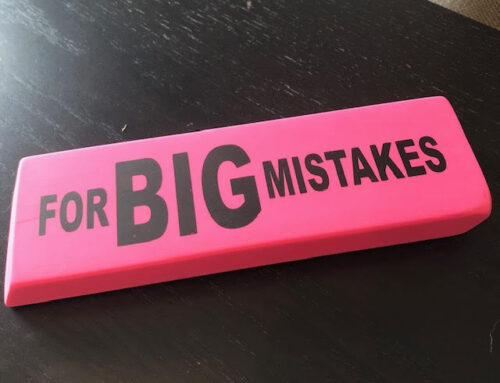Earlier this week, I was feeling stressed and distracted, so I took a walk to refocus. I found myself at a friend’s house and before I knew it, we had our feet in her pool, and we were laughing hysterically. Within a few minutes, I was feeling great again. Now, I can’t even remember what was so funny or so stressful – and it doesn’t matter.
We’ve all heard the colloquial advice laughter is the best medicine. But did you know there is scientific evidence to back this up?
A Mayo Clinic study found laughter not only lightens our load mentally, it also induces physical changes in our bodies. When we laugh, we are taking in more oxygen-rich air, and this stimulates our heart, lungs, and our muscles and boosts our immune system. Laughter also lowers our blood pressure, releases natural painkillers in the body, soothes tension, and reduces the physical symptoms of stress.
No wonder our mood improves with some comic relief.
Smiling has similar effects. When we smile, the reward center of our brain is activated. This releases endorphins and makes us feel better. And it’s infectious! We can’t help but react with a smile of our own when we see someone smiling.
“Life is like a mirror. Smile at it and it smiles back at you.”
Research also shows us how humor fosters a more resilient workplace culture. Leaders who use humor are more approachable and are likely to find their employees are more motivated, as a result.
But laughter is not only for leaders. Shared laughter, like the good laugh I had with my friend, releases oxytocin, which helps facilitate social bonding and increased trust. This makes humor a “gateway drug to broader aspects of authenticity and vulnerability,” says Stanford lecturer, Naomi Bagdonas. Bagdonas is a member of the teaching team for “Humor: Serious Business” a Graduate School of Business course at Stanford. The course focuses on using humor to create a culture of levity within teams and organizations.
We know the power of reframing and its positive effect on our mindset. The stories we tell ourselves are powerful. They affect how we shape and perceive reality. Our thoughts form our feelings and influence our actions and our results. We can use humor in the same way to help us positively influence our mindset and reap the benefits of laughter’s physical effects. So go on, have a laugh. The joke’s on us.
This was originally published on The Productive Writer and has been adapted, with permission, for publication here.
For more strategies you can use to set yourself up for success, see my book, Workday Warrior: A Proven Path to Reclaiming Your Time, published by Dundurn Press, 2022.







Leave A Comment